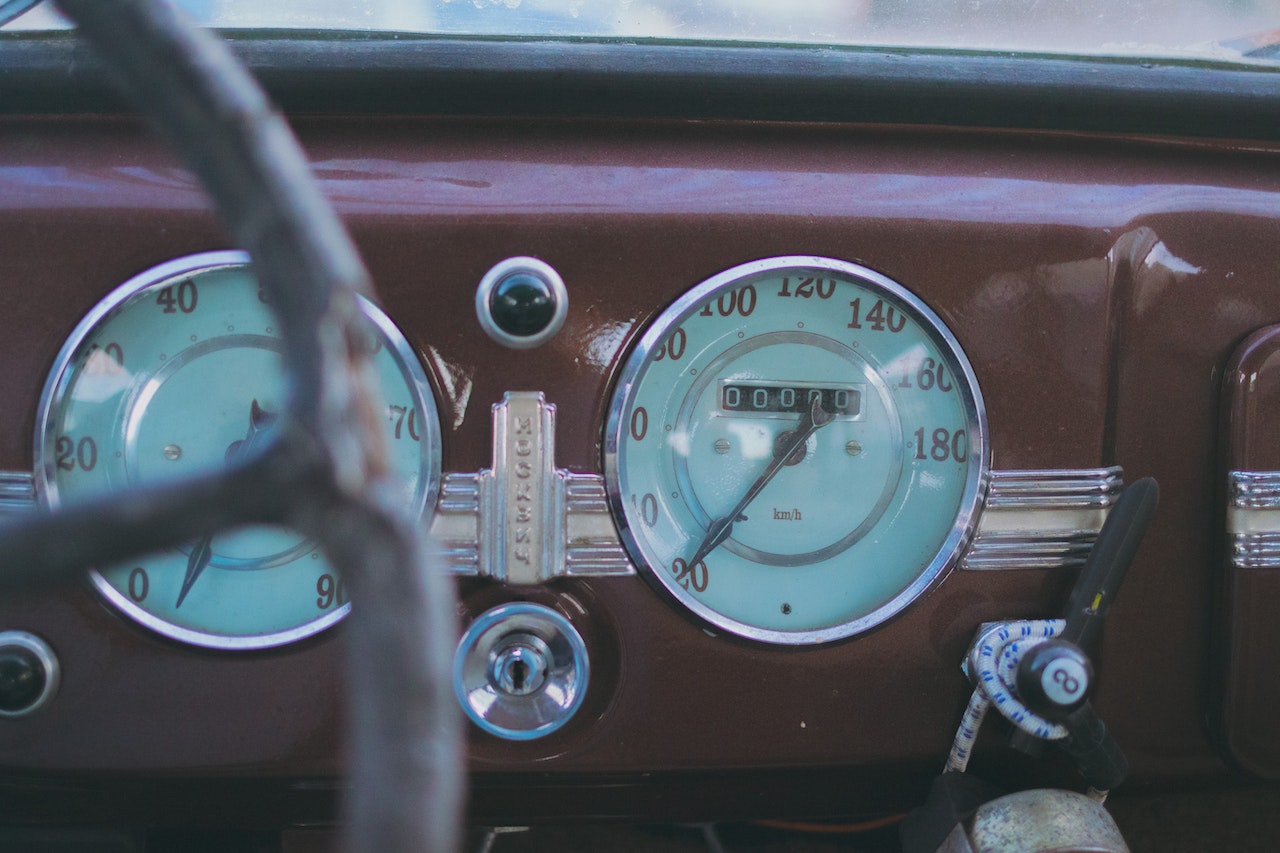December 17, 2018
How to Keep Your Car in Good Shape Despite Its Age

Photo by Maria Tyutina under Pexels License
Remember the days when an odometer reading of 100,000 miles meant the death of your car? Well, thanks to today’s advanced technology, those dreaded days are gone. With the vast improvement in vehicle maintenance and design, cars, SUVs, and pickups can now go as far as 250,000 miles!
The key to an automobile’s longevity is general maintenance and tune-ups. If you’re the type of car owner who’s ready to surpass the 100,000-mile mark, it’s best that you give your vehicle the proper maintenance it needs by investing your time and money in it. Regardless of your vehicle’s make and model, it is crucial that you have it checked based on its maintenance schedule.
As car manufacturers tend to provide different guidelines, study and understand the car owner’s manual first before heading to the auto shop. Keep in mind that not all instructions are applicable to all types of vehicles. Talk to your local auto shop mechanic if there are certain things that confuse you.
To help you get started, we’ve prepared a basic guide of 6 key maintenance checks at 100,000 miles interval.
- Fluids
Fluids are responsible for extending your car’s lifespan, which is why it’s imperative that you check them regularly. Once you see bits of dirt clogging up your engine, certain parts of your vehicle may become ineffective. You may also find yourself paying for a pricey repair.
Experts recommend owners to get frequent oil replacement done at auto centers or dealerships as opposed to performing the task themselves. Most cars require changes not only in oil but also in their coolant, power steering fluid, brake fluid, and transmission fluid.
- Spark plugs
Replacing spark plugs is another key maintenance task after your car has reached the 100,000-mile mark. In doing so, you’ll maintain your car’s high gas mileage and peak performance.
To determine the condition of a plug, remove it and check the gap between the electrode and ground straps. Inspect the gap carefully and compare the measurement with the specification in the manual. If the gap looks larger than what is specified, it’s time you change all spark plugs.
- Belts
Although serpentine belts are designed to function in an engine compartment with high temperature, they’d still wear down in the long run. Check your belts for signs of cracks, damage, unevenness, or brittleness. Seeing any of these signs is a sign that you should have them replaced immediately.
- Tires
Tires are basically responsible for taking your car anywhere. It’s important that you inspect them from time to time, especially since they are more prone to damage compared to other auto parts.
Examine your tires closely for signs of cracking or wear, and make sure to rotate them to check all areas. In case you notice unevenness, we suggest that you ask your mechanic to align them. Don’t forget to check your tire’s tread depth and level of inflation as well.
Most experts advise car owners to change all four tires at once. However, if you don’t have the budget for it, you can buy two instead. Make sure that you choose high-quality ones.
- Brakes
The brakes of your car also need your undivided attention. Brakes are often overlooked when it comes to regular car maintenance since there’s no specific schedule for them. This is why you should consider inspecting your brakes at a certain schedule to ensure that they are in good working condition.
If you see a slot in the center of your brake pad, that would be its wear indicator. Once the slot is almost empty, you’ll need to replace the pad. Another indicator of a worn brake pad is its thickness—the thinner the pad, the more damaged it is.
- Timing belt
Since not all engines have timing belts, consult your manual first. Knowing when to replace them will keep your car running smoothly and prevent breakdowns. So make sure that you familiarize yourself with them.
How would you know if your timing belt is reaching its last days? Signs include loss of power, engine misfires, ticking sounds from the motor, and motor oil leakage. Once you notice any of these, contact your mechanic immediately.
Other things to look out for are signs of rust and damage. If you notice slightly decomposing parts in your undercarriage, take action right away and call your mechanic. Be sure to lubricate all moving joints, including the door and seat hinges.
To prolong your car’s life, you might also need to replace its internal air filter, fuel filter, air filter, and PCV valve. Lastly, don’t forget to give your rubber hoses a thorough examination.
When Car Repairs Don’t Make Sense Anymore
Are you tired of taking your old car to the auto repair shop even though you already followed the 6 maintenance checks at 100,000 miles interval? Do you think it no longer makes sense to pay huge bucks for its constant repairs? If this is the case, your best option is to donate your car to a charity that will use it to support a cause that will benefit your own community and yourself as well.
Donating that vehicle to us at Veteran Car Donations will achieve both purposes. We’ll auction off your donated vehicle and use the funds to help our nonprofit partners in providing vital services to the needy veterans in your area. These are our nation’s former servicemen and women who are considered our nation’s heroes for risking their lives in battles to fight off our enemies who seek to harm us and undermine our freedoms.
Unfortunately, after getting discharged from the service, they have been left to fend for themselves even as they continue to suffer from service-connected disabilities, physical and mental health issues, lack of jobs, and homelessness due to extreme poverty.
Your car donation will bring much-needed relief to these veterans and their families. The funds generated from the sale of your donated vehicle will be used by our nonprofit partners to provide them with mortgage-free and specially adapted homes, free physical and mental health care services, job opportunities, education scholarships, and other benefits.
Moreover, you will also personally benefit from your own charitable contribution. Since your car donation will be used by our IRS-certified 501(c)3 charities, you will receive a 100% tax deductible receipt following the sale of your car. This will enable you to claim the highest possible tax deduction when you file your itemized federal income tax return in the upcoming tax-filing season.
For more information on our car donation program, check out our FAQs page. For inquiries, you can call our toll-free 24/7 hotline 877-594-5822 or send us a message online.
You can donate to Veteran Car Donations by either calling us or filling out our online donation form. We accept vehicle donations wherever you are in the United States since we have car donation programs in all 50 states.
Give Your Old Car a New Purpose

Photo by Pixabay under Pexels License
Knowing the 6 key maintenance checks at 100,000 miles interval is one thing and knowing when to dispose of a vehicle that has become unreliable is another. When your car has become more of a liability rather than an asset, it’s time to give it a new and meaningful purpose. Call us at 877-594-5822 and donate that car for the benefit of the struggling veterans in your area!
Last Updated: August 23rd, 2023
